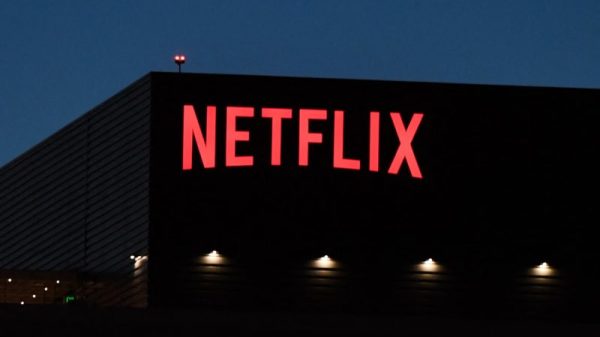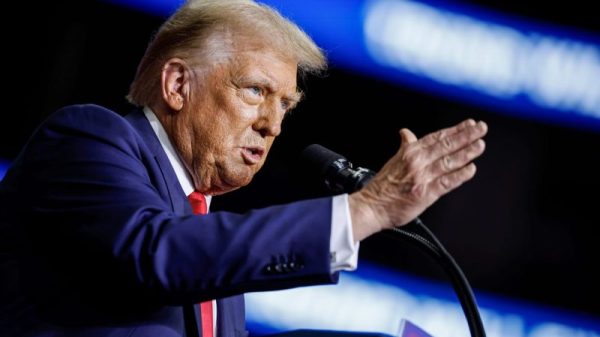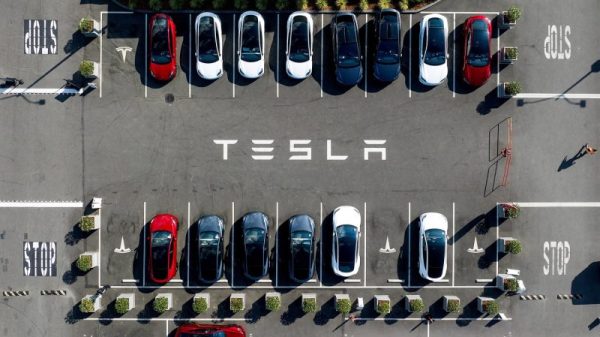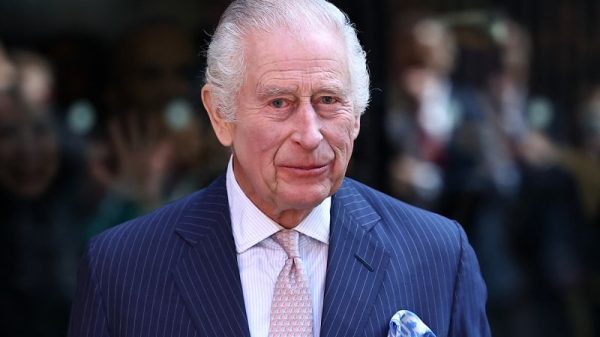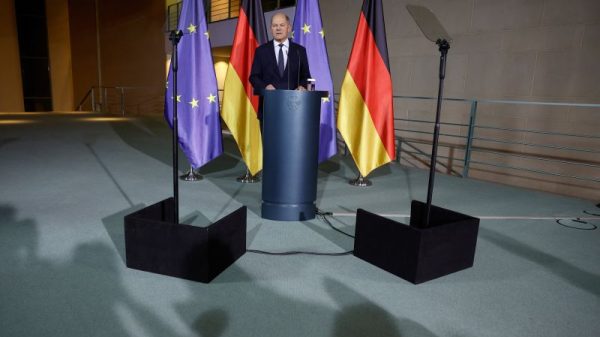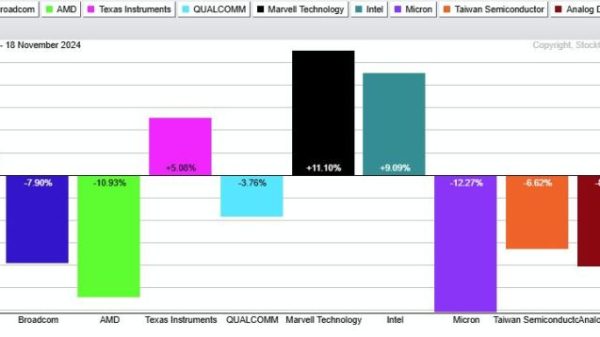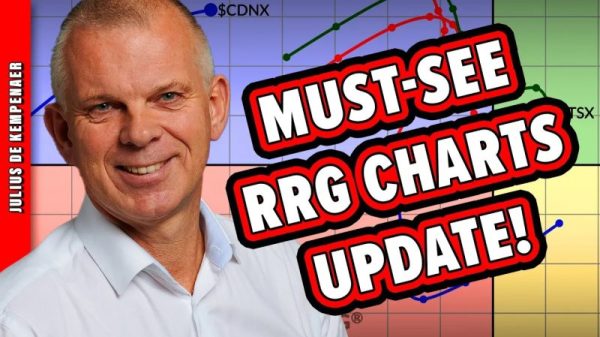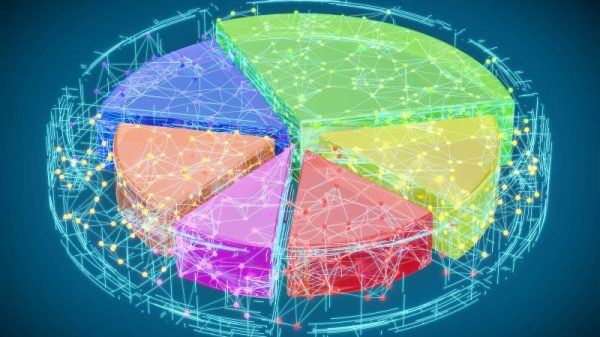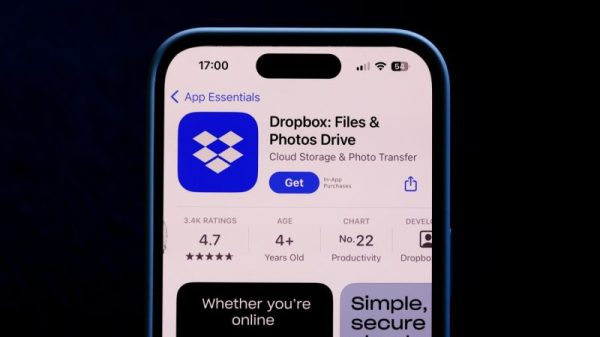In a revolutionary move, the Australian government has taken a step forward towards instating a groundbreaking social media ban for children under the age of 16. This is being touted as a huge leap for legislation aiming to protect children in the digital age, safeguarding them from the effects of social media and the dangers that exist online.
This bold initiative was conceived as an urgent response to the increasing concerns about online bullying rates and the mental health implications for young people who have unhindered access to social media platforms. The said legislation is purposefully being designed to be and is being hailed as ‘world-leading’. Australia’s decisive action is hoped to be a precursor for other nations to identify and address the issues that the digital age presents for their younger populations.
The proposed social media ban explicitly targets the age bracket where children are most vulnerable to the impacts of social media. With the world becoming more interconnected through online platforms, this ban signifies the importance of managing young minds’ exposure to such platforms. The legislation is aimed at children who are still in their formative years, and whose mental and emotional health may be adversely impacted by extended exposure to these digital environments.
The specifics of the law, while not made entirely public yet, pivot around the principle of preventing children below the age of 16 from creating or maintaining social media accounts. The onus would be on the parent or guardian to monitor and control a child’s internet usage. The government plans to work hand in hand with tech companies to ensure strict implementation of the new regulation. In case of any violations, both the parent and the company can face significant penalties. The legal requirements would be more strictly enforced within the borders of Australia, with international social media sites expected to comply with the mandated age limit.
The Australian scenario, thus, calls for a balanced perspective towards social media influence. While recognising the value in connecting people across the globe, it also acknowledges the potential harm that it could bring to the young minds that could be exposed prematurely.
However, this legislation is not without its critics. Concerns are being raised about limiting a child’s freedom of expression and the prevention of the development of digital literacy skills. The ban sparks debates on correct Internet use education versus complete prohibition.
In addition to the social media ban, the government is also looking into introducing educational programs targeting both children and parents. These programs aim to present easy to understand information on Internet safety, the dangers of social media addiction, and practical advice on digital well-being.
Ultimately, the Australian government’s decision to enact this legislation signifies a willingness to address and deal with the complex issues associated with children’s use of social media. By pioneering such an initiative, they’re not just protecting their young citizens but also setting an example for the rest of the world to follow. It remains to be seen how effectively this ban will be implemented and how substantial an impact it will have on the digital well-being of children.


